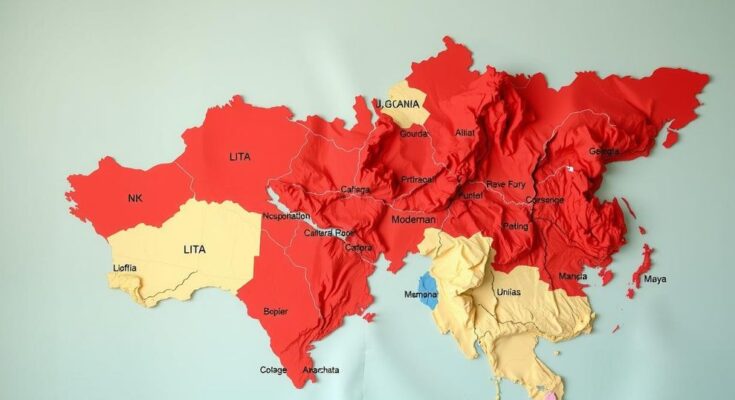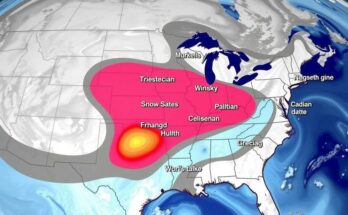Former President Donald Trump’s proposals regarding the acquisition of the Panama Canal and Greenland have resurfaced, reflecting a desire to enhance U.S. global influence. These ideas, while contentious, emphasize strategic interests in both maritime control and geopolitical significance.
In recent discussions, former President Donald Trump has revisited his controversial suggestion to purchase strategic territories, specifically the Panama Canal and Greenland. His interest in acquiring these geographical sites highlights his administration’s focus on strengthening U.S. influence and presence in vital global locations. Trump’s assertions about the potential benefits of such acquisitions resonate with his broader vision of expanding American interests abroad, although they faced considerable pushback and skepticism from various political spheres and global leaders.
The Panama Canal, a critical maritime passage, significantly impacts international trade, while Greenland, the world’s largest island, holds strategic geopolitical importance and vast natural resources. The former President’s notion of purchasing these territories reflects a historical context wherein U.S. administrations have engaged in territorial acquisitions to bolster economic and strategic benefits. Trump’s initial interest sparked significant debate regarding the ethics and feasibility of such transactions.
The discussions surrounding Trump’s proposals regarding the Panama Canal and Greenland underscore the continuing relevance of territorial acquisitions within international relations. While the practicality of such ideas is debatable, they highlight the strategic considerations that U.S. leadership continues to evaluate in regard to national interests and global positioning.
Original Source: kitchener.ctvnews.ca




